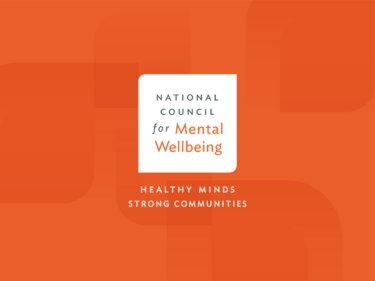We are currently in the midst of a culmination of historical events in real-time through a national experience of complex trauma, a global pandemic, worldwide demonstrations and civil unrest and a push for social justice and reform. As a result, many of us are in a state of alert, living much of the time in our lower, survival brain. Staff are worried about their safety, their jobs, how to care for children and whether they or their family members will be affected. The emotional impact of this experience on ourselves and our staff depends on individual characteristics and experiences, the social and economic circumstances of their family and their community.
Our individual responses may be similar to what we might see in those who have lived through other traumas such as combat, assault or hurricanes. Those who respond more strongly to the stress of this crisis may be individuals with pre-existing mental health conditions, those who feel targeted and physicians, health care providers and first responders who are helping with the response to COVID-19.
Building resilience in the workforce is key to adapting to these challenges. The good news is that there is opportunity in crisis. Over the past year, I have found myself repeatedly drawn to the idea of moving past the concept of resilience (the capacity to anticipate, prepare, and adapt to disruptions) to more active participation.
I want to propose the wide adoption of the term resiliencing.
Resiliencing is a verb instead of a noun, that comes to us from biology and cellular research, and first coined towards human potential by Zhike Lei, Ph.D., in 2017, and described in the Graziadio Business Review. Resiliencing is a focus that involves anticipating problems, improvising quickly to cope with adverse events and learning from them over time, every time.
Resiliencing challenges us to understand crisis as an ever changing, emergent, dynamic phenomenon, rather than a discrete, static one. It recognizes that crisis is never a sudden, one-time event. That as humans we encounter our own bias to dismiss the early signs of fatigue and turmoil. The goal is to surface a problem early and continuously, before it has mushroomed into crisis.
A resiliencing mindset activates and retains both realism and vision, we have the ability to foster hope while being realistic about the path ahead. Often what isn’t working is just as important as what is – this is how we learn and grow.
The good news is that there is opportunity in crisis.
Throughout the history of the human race, times of crisis have always heightened the opportunity to bring out the best in us. Thousands of us are acting with compassion and cooperation daily. Acknowledging and celebrating each other’s resiliencing capacity in these moments will allow us to emerge even stronger as a collective humanity.
Author
(she/her/hers) Consultant
National Council for Mental Wellbeing
See bio



